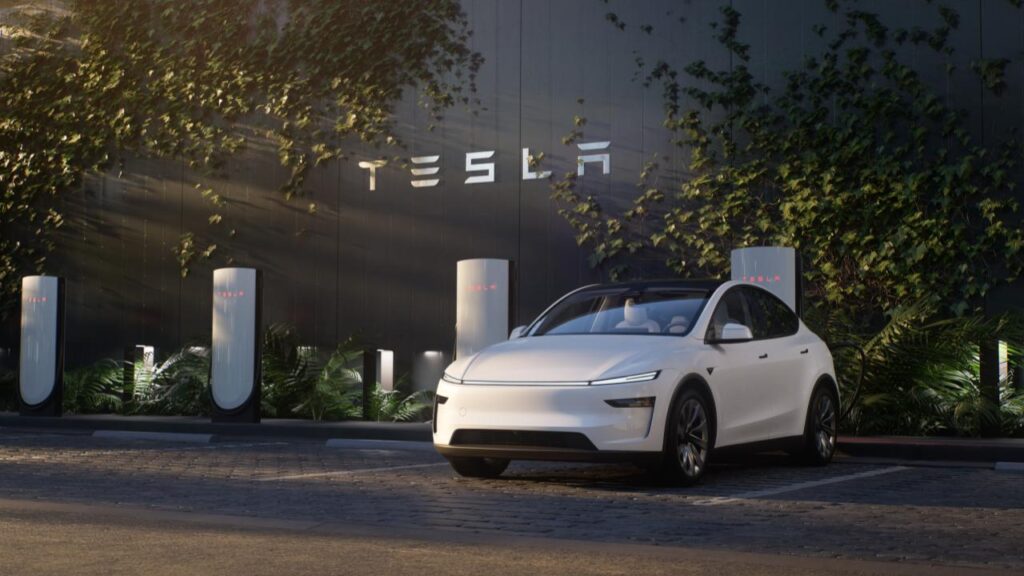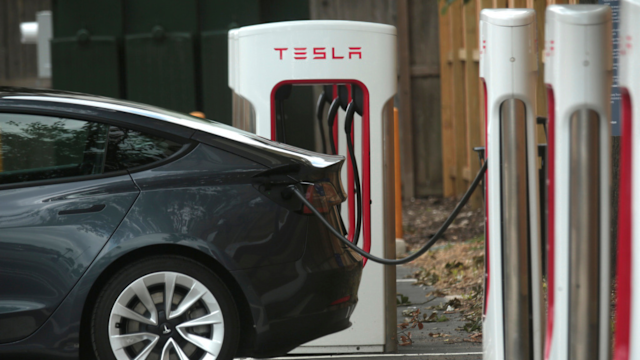Tesla’s Q2 delivery numbers just dropped off a cliff—and it’s got Wall Street and EV fans alike wondering: is the electric vehicle (EV) surge already stalling out? The EV pioneer delivered 384,000 vehicles from April to June 2025, down from nearly 444,000 in the same period last year. That’s a double-digit drop—roughly 13%—and marks Tesla’s steepest year-over-year quarterly sales decline ever.

Tesla’s Delivery Numbers Are Crashing
| What Happened | Details |
|---|---|
| Q2 2025 Deliveries | 384,122 vehicles (down from 443,956 Q2 2024) |
| Production vs. Sales | Built 410,244 vehicles—delivered 26,000 fewer |
| Global Market Share | Falling in Europe and China |
| Brand Headwinds | Elon Musk’s politics alienating buyers |
| Competitive Threats | BYD, Volkswagen, Hyundai gaining ground |
Tesla’s Q2 numbers look rough—no sugarcoating that. But it’s not game over for electric cars. Rather, the game is getting bigger, tougher, and more interesting. If Tesla wants to stay ahead, it needs to launch cheaper models, pivot smartly into autonomy, and win back buyers turned off by politics. The EV boom? Still on. But Tesla’s seat at the top is no longer guaranteed.
Why Are Tesla Deliveries Down?
Tesla isn’t just selling fewer cars—it’s also building up excess inventory. The company produced over 410,000 vehicles last quarter but delivered about 26,000 fewer. That suggests cooling demand even as factories stay busy.
1. More Competition, Less Buzz
In 2020, Tesla was the EV market. Now, it’s one of many. Chinese brands like BYD and Xiaomi are slashing prices and flooding the market with EVs. In Europe, Volkswagen, BMW, and Renault are taking back home turf. Tesla’s share of the EU EV market has fallen by 45% this year alone.
2. Elon Musk’s Political Moves
From controversial tweets to visible ties with former President Donald Trump, Elon Musk’s political footprint is turning off some potential buyers. A chunk of progressive consumers—who once saw Tesla as a climate champion—are now moving toward competitors they perceive as more neutral or aligned with their values.
3. Delayed Innovation
While Tesla updated the Model Y earlier this year, it’s been slow to launch the much-hyped affordable $25,000 EV. And while the Cybertruck made a splash, its sales remain niche.

A Broader EV Slowdown—or Just Tesla?
Global EV sales continue to rise—but Tesla’s dominance is fading as the market matures. In Europe, for instance, EVs made up nearly 15% of all new car registrations in Q2, even as Tesla lost ground. And in China, BYD alone is outselling Tesla by a wide margin.
From where I sit—after covering the auto industry for over a decade—this feels less like a crash and more like phase two of the EV era: diversification, mainstream adoption, and lower margins.
What Tesla Needs to Turn It Around
A Truly Affordable EV
Consumers want electric—and cheap. Tesla’s biggest shot at a comeback? Launching the long-awaited sub-$30k EV. So far, no date. But the pressure is mounting.
Full Self-Driving & Robotaxis
Tesla’s pivot to services like FSD and robotaxis could rewrite its business model. A limited robotaxi trial is underway in Austin, but broader deployment faces hurdles—regulations, tech readiness, and consumer trust.
Brand Repositioning
Tesla needs to rebuild consumer goodwill. Whether that means Musk dialing back the culture-war content—or elevating other leaders in public view—is up for debate.






